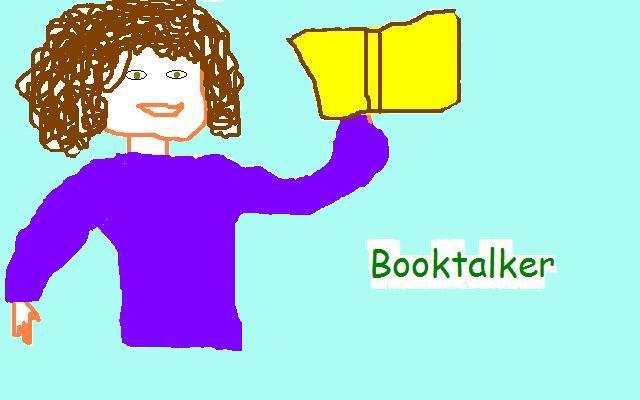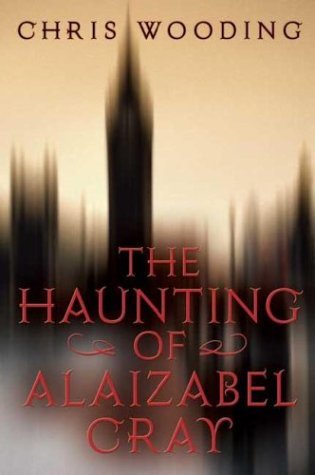 |
Nancy Keane's | Booktalks -- Quick and Simple | |
|
|||||||
 |
Wooding,
Chris.
THE
HAUNTING OF ALAIZABEL CRAY
New
York : Orchard Books, 2004
IL
YA
ISBN
9780439546560
|
|
|
Thaniel
Fox was only seventeen, but he was a wych-hunter. It was what he’d been
born to do – his father had been the greatest wych-hunter London had ever
seen, and Thaniel followed in his footsteps. Wych-hunting had taken much
from him, his parents, his childhood, companions, peace. But he had Cathaline,
his mentor and now his friend and fellow wych-hunter, his own house, and
the astronomical salary Parliament paid him to hunt down and kill the evil-doers.
His life might have seemed bleak to some, but he was satisfied with it
until the night he met Alaizabel Cray. He was hunting a Cradlejack in the
Old Quarter when he found her. She was filthy and she wouldn’t speak. She
acted as if she were mad. Thaniel took her home, fed her soup, and watched
over her. When she woke from the fever, all she could remember about herself
was her name. But there was something odd, something different about her.
The next night she woke him up screaming, hysterical, saying that something
had tried to get into her room, describing a Draug, one of the Drowned
Folk, wyches that were only rarely seen. The charms that Cathaline had
drawn around the door to protect Alaizabel had been tampered with, and
were useless. And just a few nights later, Thaniel and Cathaline returned
from hunting to find Alaizabel in the living room, in spite of the fact
that Thaniel had given her a sleeping potion that should have lasted all
night. And yet it wasn’t Alaizabel. It was her body, but twisted and humped
with age, and her voice was harsh and angry. She called herself Thatch,
and talked about the Fraternity, demanding to see their marks. When they
refused, she showed them the tattoo on the base of Alaizabel’s spine, an
evil, twisted shape with tentacles, like an octopus gone wrong. And then,
suddenly, Thatch was gone and Alaizabel was back, unaware of what had just
happened or why she was no longer in her bed. Cathaline had recognized
the design on Alaizabel’s back, recognized it, knew what it meant, and
knew that she and Thaniel had to do something about it. It was the chackh’morg,
the symbol of the Deep Ones, who worship the most powerful of the wych-kin,
and work on their behalf to gain more power for themselves. It is tattooed
on those meant for possession. A human is poisoned, made weak so the spirit
can take possession of the dying body, then the spirit kills the spirit
in the body, and takes it over when the antidote to the poison is administered.
But Alaizabel didn’t die, and now her body contains not only her own spirit,
but Thatch’s as well. And the spirit inside her is like a beacon to all
the wych-kin of London, drawing evil to her, and the Fraternity wants that
spirit back. If the wych-kin don’t get her, the Fraternity will.
Thaniel
knows that Alaizabel is his destiny, his to protect, his to save. And even
though Cathaline has made a charm for Alaizabel to wear that makes her
invisible to wych-folk, they know she is there somewhere, and they still
hunt for her. Will Thaniel and Cathaline be able to protect Alaizabel?
Will they be able to free her from Thatch’s evil possession? Step with
them into the ark and foggy streets of London’s Old Quarter and find out.
(This Booktalk was written by librarian and booktalking expert Joni
R. Bodart.Used with permission. (Georgia
Peach Book Awards, 2006-2007)
Booktalk #2
|
| SUBJECTS:
Good and evil -- Fiction.
Fantasy. |